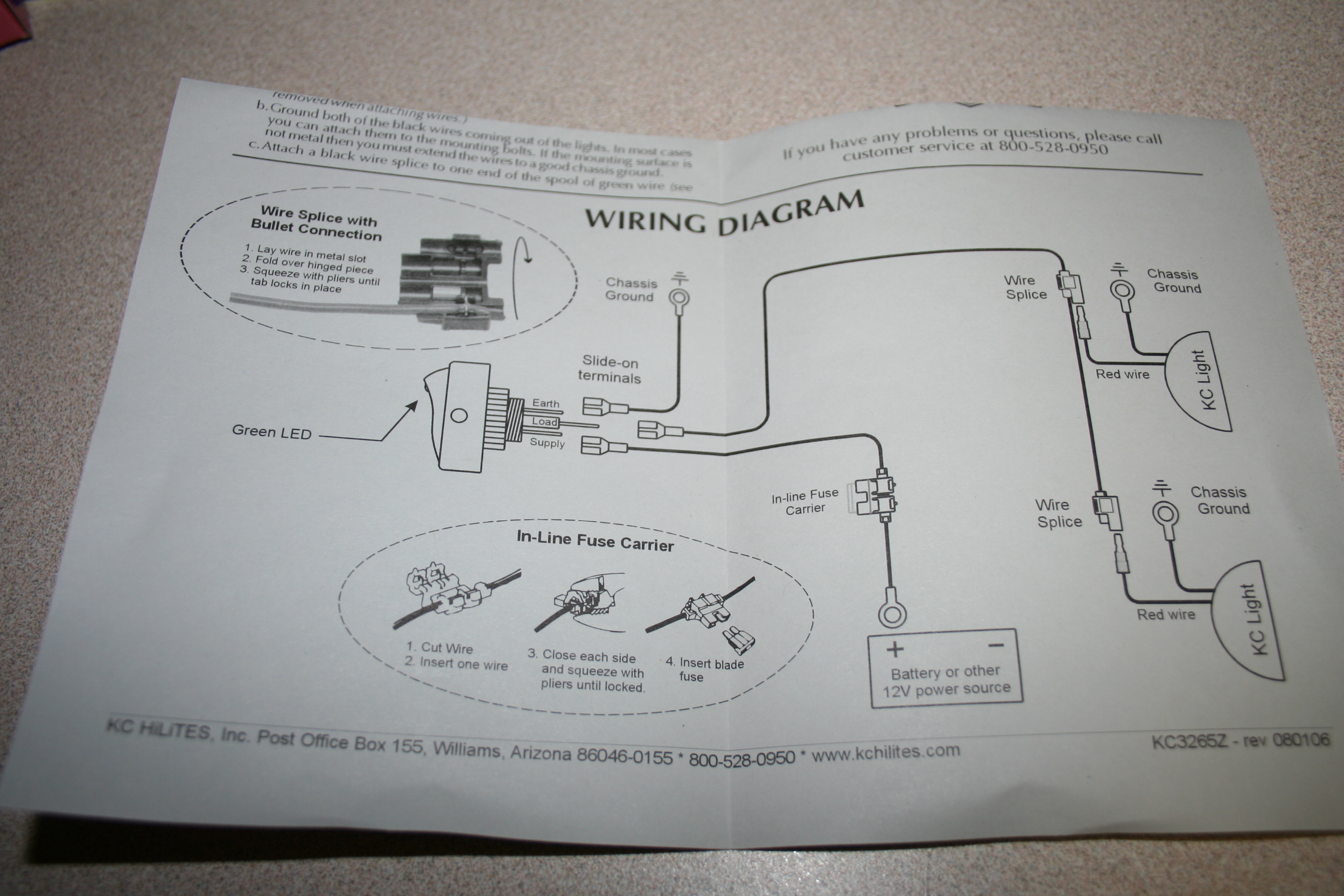When it comes to installing or troubleshooting fog lights on a Ford Ranger, having a clear understanding of the wiring diagram is essential. A Ford Ranger Fog Light Switch Wiring Diagram provides a visual representation of the electrical connections and components involved in the fog light system. By studying this diagram, you can easily identify the different wires, switches, and relays, allowing you to install or diagnose any issues with the fog lights effectively.
Why are Ford Ranger Fog Light Switch Wiring Diagrams Essential?
Understanding the wiring diagram for the fog lights on a Ford Ranger is crucial for several reasons:
- Ensures proper installation of fog lights
- Aids in troubleshooting electrical issues
- Helps in identifying the correct wires and connections
Reading and Interpreting Ford Ranger Fog Light Switch Wiring Diagram
Reading and interpreting a Ford Ranger Fog Light Switch Wiring Diagram may seem daunting at first, but with some guidance, it can become much clearer. Here are some tips to help you understand the diagram effectively:
- Identify the key components such as switches, relays, and wires
- Follow the flow of the electrical current from the power source to the fog lights
- Pay attention to the color-coding of the wires for easy identification
Using Ford Ranger Fog Light Switch Wiring Diagram for Troubleshooting
When dealing with electrical problems in the fog light system of your Ford Ranger, the wiring diagram can be a valuable tool for troubleshooting. Here’s how you can use the diagram effectively:
- Check for any loose or disconnected wires
- Verify the continuity of the electrical connections using a multimeter
- Refer to the diagram to identify any faulty switches or relays
Importance of Safety
Working with electrical systems, including using wiring diagrams, requires caution to ensure your safety and prevent damage to your vehicle. Here are some safety tips and best practices to keep in mind:
- Always disconnect the battery before working on any electrical components
- Use insulated tools to avoid electrical shocks
- Avoid working on wet or damp surfaces to prevent electric shock
- Double-check all connections and wiring before re-energizing the system
Ford Ranger Fog Light Switch Wiring Diagram
Ford Ranger Fog Light Switch Wiring Diagram – Collection – Faceitsalon.com
wiring offroad lights with stock foglight harness? – Ranger-Forums

Ford Ranger Fog Light Switch Wiring Diagram – Collection – Faceitsalon.com

Ford Ranger Fog Lights: Installation, Wiring Diagrams & Switch

Wire up fog light switch – Ranger-Forums – The Ultimate Ford Ranger

Ford Fog Light Wiring Diagram – Database – Faceitsalon.com
